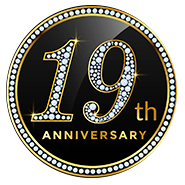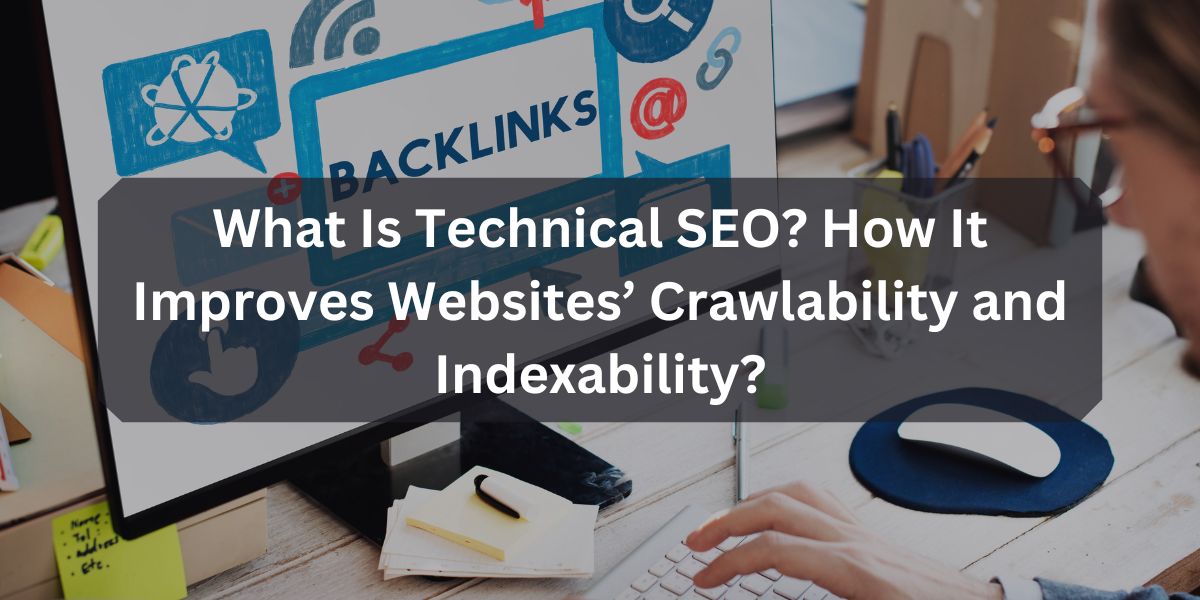Technical SEO is a crucial component of increasing traffic to your website and its presence in search results. From the fundamentals to more sophisticated strategies, we'll review everything you need to know about technical SEO in this guide. The article will offer helpful advice and tactics for enhancing the performance of your website in search results, whether you're new to SEO or a seasoned veteran.
Technical SEO: What Is It?
A website's technical components are improved using technical SEO to improve its exposure and search engine ranking. Technical SEO entails adjusting a website's backend code and architecture to make it more search engine friendly. This makes it simpler for search engines to crawl, index, and comprehend the content on the website.
Hiring a Search Engine Optimization (SEO) Company in Carlsbad, California, can significantly help if you seek technical SEO experts for your organization.
What Is Crawlability?
A webpage's crawlability relates to how quickly search engines (such as Google) can find the page.
Google uses a procedure known as crawling to find websites. It employs software applications known as web crawlers, commonly called bots or spiders. These programs hunt for new or updated pages by following links between pages.
Crawling is frequently followed by indexing.
How Does Indexability Work?
A webpage's indexability refers to its ability to be indexed by search engines like Google.
Indexing is the process of including a webpage in a search engine's database. The page and its content are examined by Google, adding them to the Google index, a collection of billions of pages.
Is your website facing the issue of poor indexing and crawling? Outsourcing our SEO services in Carlsbad, California, can help you improve the ranking of your website by implementing the latest SEO strategies.
Here are a few ways to enhance indexing and crawling.
1. Enhance Page Loading Time
Web spiders only have a few days to load for your links to load because there are billions of web pages to categorize. This is typically called A crawl budget.
They will leave your site if it takes longer than expected to load, which prevents you from being crawled and indexed. And as you might expect, this could be more helpful for SEO.
Therefore, it's a good idea to assess your page speed and make any necessary improvements frequently.
You can use Google Search Console to measure the website's speed.
If you find the loading time of the webpage is slow, you can hire an SEO Agency in Carlsbad, California, to improve the loading time of your web page.
Site Structure
Many pages make up your website. Search engines must be arranged in a certain way to find and crawl such pages. Your website's information architecture, often known as the site structure, enters the picture at this point.
The architecture of your site determines how you arrange the pages on it, much to how a building is designed from an architectural standpoint.
Pages related to one another are grouped; for instance, your blog homepage connects to specific blog articles, and those individual blog pieces each link to a different author page. The relationship between your pages is better understood by search engines thanks to this structure.
Ensure that the most crucial pages to your company are listed first in the hierarchy and have the most internal links related to your business.
2. Tracking Mistakes
There is a fundamental step to do for your site to appear in search results before thinking about optimizing its positioning: tracking. The bot starts by organizing websites in this manner.
In light of this, you should know Google's page tracking. The first step is sending a sitemap, which informs Google of every page on your website that it should crawl.
However, even if you give the bot the proper instructions, it frequently finds faults in the pages instead of following them.
You can use the Index Coverage Status Report in Google Search Console to see which issues impede tracking and indexing.
Each URL must be examined to fix the issue preventing a URL from being indexed. If your pages need to be indexed, remember that you can lose out on key customers.
Conclusion!!
As a technical SEO professional, we have witnessed many websites need better architecture and performance due to subpar SEO techniques. With the appropriate tactics and best practices, any website can be optimized for search engines.
Your website's visibility on SERPs can be significantly increased by an SEO agent taking proactive measures, such as handling duplicate material correctly and optimizing voice search. Furthermore, we can track the ROI using technologies like Google Search Console while directing relevant traffic to your website.
Ultimately, using these strategies, we can ensure that your website is optimized correctly and operating at its peak level. Therefore, you should notice a gain in organic ranking and conversions over time with the proper application of technical SEO best practices.


